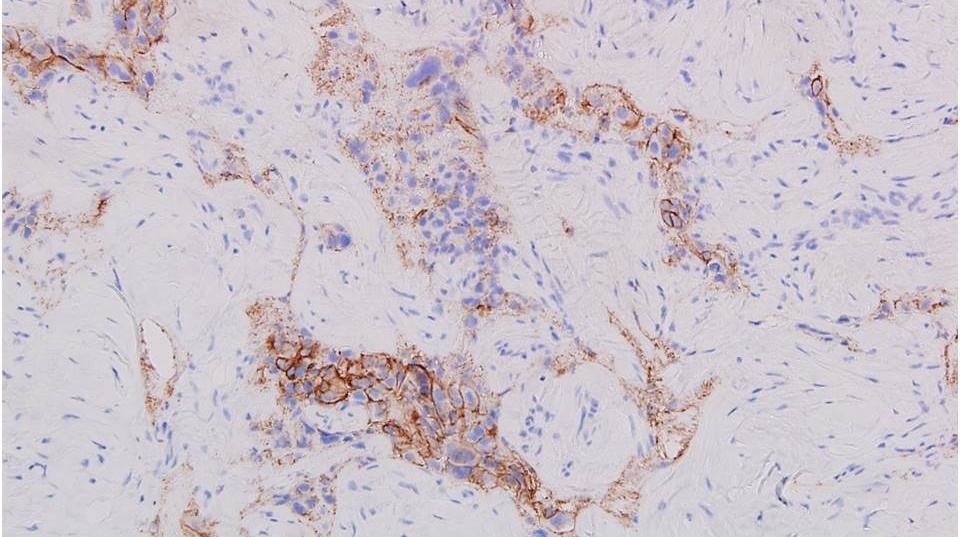Keywords:
Tecan uses cookies to improve our website. By continuing to browse our website, you accept our cookie policy.
Tecan uses cookies to improve our website. By continuing to browse our website, you accept our cookie policy.

Keywords:
By Nicholas Smith
Human genetics and drug discovery are now inextricably linked. Large pharmaceutical companies, small biotech and even academic laboratories are sequencing data to identify potential targets for new therapies. But is this information being used to the best effect?
Part I
When oncogenetics was in its early days there were very few tests available. Despite this, there was huge interest in the potential of genetic testing for the diagnosis of various cancers – such as chronic myelogenous leukemia, prostate and lung cancers – and the field quickly evolved in terms of both diagnostic testing and pharmacogenetics. The sequencing of the human genome or genes related to cancers has led to a number of breakthroughs in understanding and diagnosis but, more importantly, continues to provide potential therapeutic targets and treatment strategies.

The success of pharmacogenetic approaches in oncology is well documented – the most famous example being the detection of HER2 over-expression for treatment with monoclonal antibody trastuzumab (Herceptin®), which opened up a huge potential market around the world.
The high cost of most cancer therapies, combined with the range of responses (from ineffectual to adverse side effects) and diversity of disease types, has made this type of genetic susceptibility testing (companion diagnostics) an attractive strategy before commencing therapy for many cancers.
Despite the huge potential economic and patient benefits, the use of pharmacogenetics outside of oncology is still relatively rare. Essentially this can be put down to two factors: the relatively low cost of other therapeutics compared with chemotherapies, and a lack of understanding of the potential patient benefits among physicians.
Having said that, there is one field, psychiatry, which is beginning to explore pharmacogenetics as a way of improving treatment selection.
Dr Pierre-Alain Menoud, Scientific Manager for Molecular Diagnostics at Unilabs in Lausanne, Switzerland has been pointing to this trend: “Currently, many psychiatric patients receive long-term treatment in the form of antidepressants or antipsychotics, yet a large proportion respond poorly, either in terms of low efficacy or adverse side effects. These issues can lead to escalation of their condition, metabolic complications or other, indirectly related health problems. Because of this, improved treatment strategies could mean large potential health and economic benefits. As the cost of genetic testing continues to fall, both health insurance companies and healthcare providers are increasingly looking into pharmacogenetics to help individual patients.”
Many genetics laboratories are reporting very high success rates in terms of improving prescribing practices and patient outcomes for psychiatry.
Keywords:

Nicholas Smith is Head of Global Marketing and Portfolio Management for Tecan’s Partnering Business. A key function of his team is to work closely with customers to develop new product concepts and proposals based on a thorough analysis of their specific requirements. Nicholas’ joined Tecan in 2012 from Roche Diagnostics where he worked for over 20 years in a variety of roles within marketing and business development.